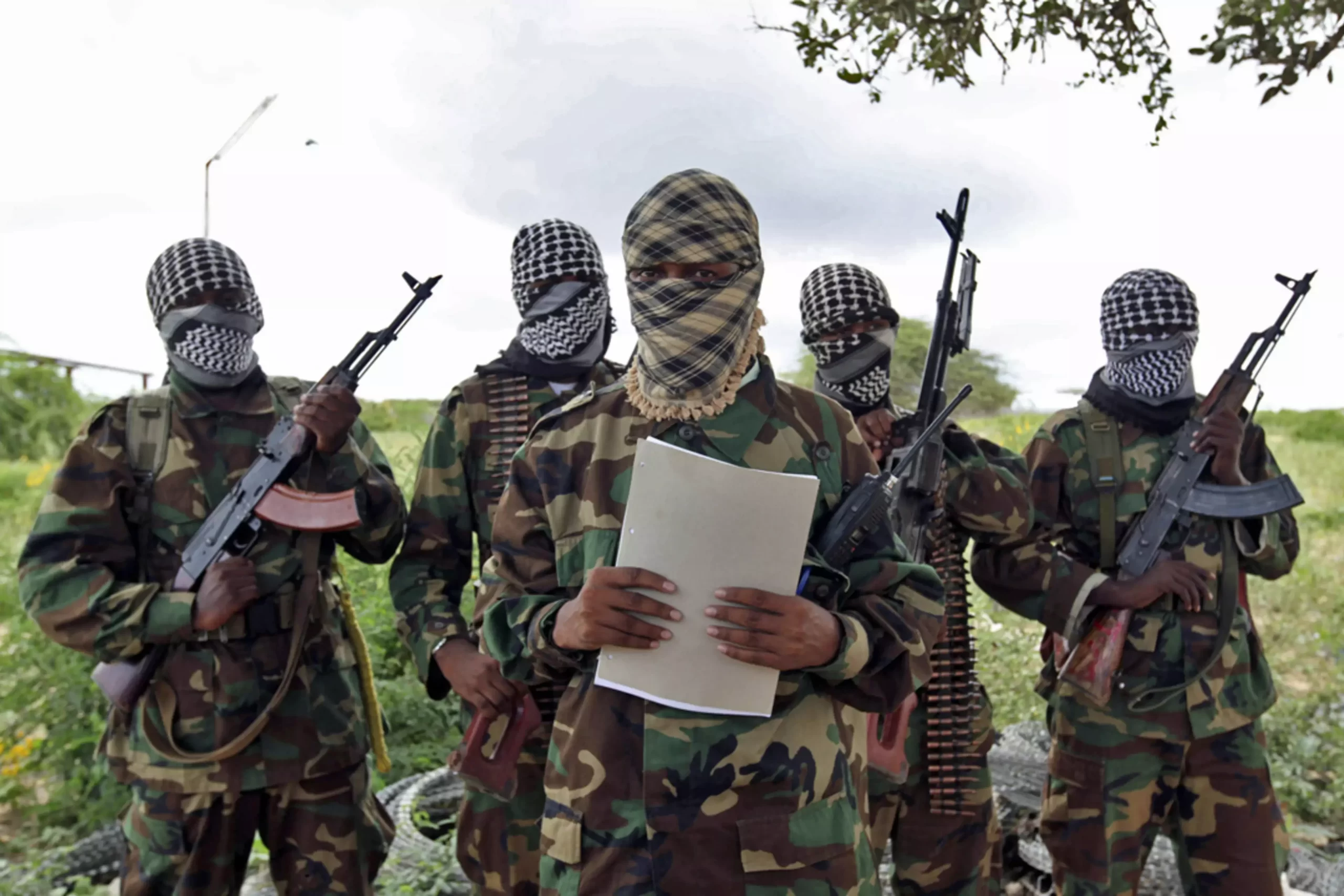At the United Nations Security Council conference on the situation in Somali, the President of the Federal Government of Somalia addressed his speech that has tackled crucial issues plaguing the nation. Focusing on internal affairs, the President highlighted key areas that demand urgent attention and resolution.
Foremost on the President’s agenda was the lifting of the arms embargo imposed on Somalia. Recognizing the country’s need for adequate defense capabilities, he emphasized that the embargo hinders Somalia’s ability to effectively combat security challenges. By lifting this restriction, Somalia would gain access to essential resources vital for countering terrorism, ensuring stability, and safeguarding its territorial integrity.
“This arms embargo is not contributing at any level to the interest of Somalia at short term and in the long-term. Considering this significant developments, I implore you distinguished delegates to support our call for the complete lift of the arms embargo in Somalia. By doing so you will empower us to assert our sovereignty, effectively to combat terrorism and build a peaceful and prosperous future for our nation,” President Hassan Sheikh said.
“Despite the remarkable investment our journey towards peaceful and prosperous Somalia faces formidable obstacle, the prolonged arms embargo imposed on our nation since 1992 which is the longest arms embargo in the history of the United Nations. Let me state clearly that Somalia of 2023 is not Somalia of 1992 and Somalia deserved this to be considered,” he added.
Another pressing concern addressed by the President was the imperative for Puntland, a significant region in Somalia, to return to the negotiating table. Stressing the significance of inclusivity and reconciliation, he emphasized the need for dialogue and engagement with all stakeholders. Unity and collaboration are crucial for achieving lasting peace, stability, and development in Somalia.
The President expressed deep alarm over the persistent attacks by Al-Shabaab, a notorious terrorist organization. He particularly condemned the targeting of the African Union Mission in Somalia (AMISOM), with a specific focus on the Ugandan People’s Defence Force (UPDF). The President called for enhanced efforts to counter Al-Shabaab’s activities, strengthen security cooperation, and ensure the safety of peacekeeping forces operating in Somalia.
Addressing governance, the President underscored the necessity of improving government departments. Transparency, accountability, and effective administration are crucial for providing essential public services and fostering public trust. The President pledged to implement comprehensive reforms to streamline government operations and enhance service delivery for the Somali people.
The President also highlighted the humanitarian situations faced by Somalia, including recurring droughts, displacement, and food insecurity. Expressing deep concern, he reiterated Somalia’s commitment access to critical resources and implementing sustainable development initiatives are vital for uplifting the affected communities.
“On the humanitarian side, we have been able to avert famine through our sustained partnerships with United Nations and general support from the United States and other donors. However, we remained committed to maintaining an effective and sustaining response to ongoing droughts by prioritizing the wellbeing of our people,” he stated.
Furthermore, the President addressed the ongoing drawdown of Africa Transition Mission (ATMIS) forces in Somalia.
“With the planning of the current and the future operations, we are also working towards the full withdrawal of ATMIS forces from Somalia in line with the UN Security Council resolution 2628 and 2670. The planning and the implementation of the drawdown of the ATMIS forces is being executed in close coordination the joint technical committee between Somalia and the Africa Union Mission in Somalia in the country,” the President stated.
The President’s address at the United Nations conference delivered a comprehensive roadmap for progress and stability in Somalia. As the nation moves forward, it is crucial for all stakeholders, both within Somalia and the international community, to unite and support these initiatives. The President’s unwavering commitment to addressing these critical challenges reflects the aspirations of the Somali people for a brighter future.
But Somalia’s Security Think Tank, Hiraal Institute warns against the lifting the arms embargo in the country, says would present an additional obstacle to conflict resolution and peacebuilding initiatives, as arms could be used to undermine political processes and disrupt societal peace.

